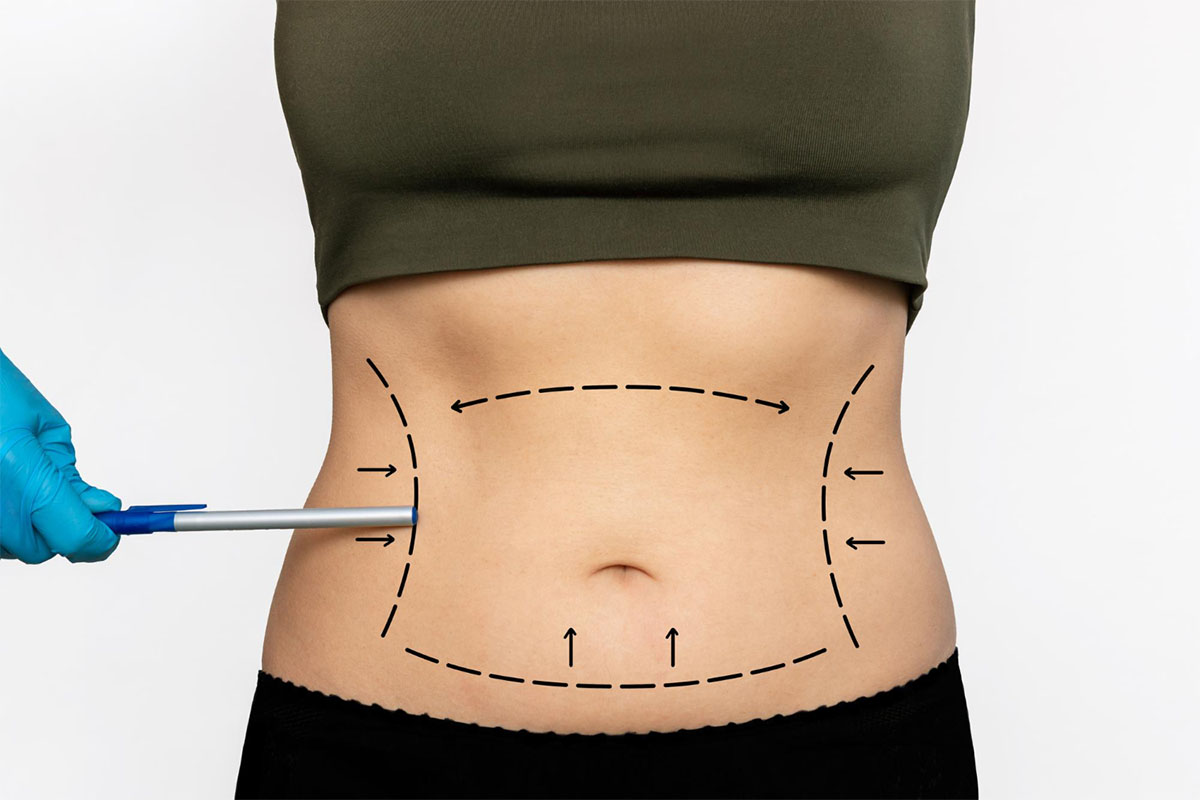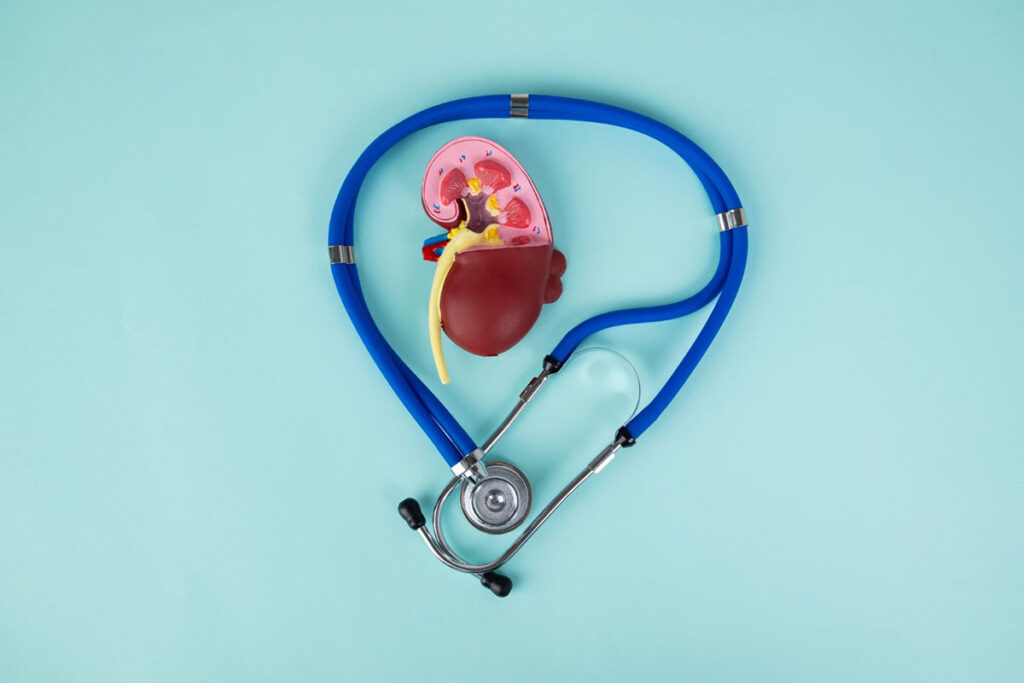Gastric Sleeve Surgery
Among the various types of bariatric surgeries, the Gastric Sleeve stands out due to its numerous benefits. Obesity surgery has become a popular and effective solution for individuals struggling with severe obesity. This comprehensive guide explores the long-term benefits of Gastric Sleeve surgery and why it is a preferred choice for many.
Significant Weight Loss
One of the most compelling benefits of the Gastric Sleeve surgery is significant weight loss. By removing a large portion of the stomach, the procedure drastically reduces the stomach’s capacity, leading to a substantial decrease in calorie intake. This weight loss is typically rapid and sustained, helping patients achieve their weight loss goals and maintain a healthier weight.

Improvement in Obesity-Related Conditions
Obesity surgery, particularly the Gastric Sleeve, has a profound impact on various obesity-related health conditions. Patients often experience significant improvements in conditions such as type 2 diabetes, hypertension, sleep apnea, and high cholesterol. The reduction in excess weight and improved metabolic health can lead to remission of these conditions, enhancing overall health and quality of life.
Enhanced Quality of Life
The benefits of the Gastric Sleeve extend beyond physical health. Many patients report a significant improvement in their overall quality of life. This includes increased energy levels, improved mobility, and the ability to participate in activities that were previously challenging. The Gastric Sleeve surgery can be life-changing, providing patients with the tools they need to lead a more active and fulfilling life.
Psychological and Emotional Benefits
The psychological and emotional benefits of Gastric Sleeve surgery are also noteworthy. Many patients experience a boost in self-esteem and confidence as they achieve their weight loss goals. The reduction in obesity-related stigma and the ability to engage in social activities without the physical and emotional burdens of obesity contribute to improved mental health.
Reduced Risk of Cardiovascular Diseases
Weight loss achieved through the Gastric Sleeve surgery significantly reduces the risk of cardiovascular diseases. Conditions such as heart disease, stroke, and peripheral artery disease are closely linked to obesity. By losing weight and improving related health conditions, patients lower their risk of developing these serious cardiovascular issues.
Simplified Surgical Procedure
Compared to other types of obesity surgery, the Gastric Sleeve is a simpler procedure. It involves removing approximately 80% of the stomach, which is less complex than surgeries like gastric bypass. This simplicity often results in shorter operation times, reduced risk of complications, and quicker recovery periods.

No Foreign Objects or Adjustments Needed
Unlike adjustable gastric banding, the Gastric Sleeve surgery does not involve the placement of a foreign object in the body. There is no need for adjustments or concerns about band erosion or slippage. This aspect of the surgery reduces the need for follow-up procedures and adjustments, making it a more straightforward and less invasive option.
Improved Eating Habits
The Gastric Sleeve surgery helps patients develop healthier eating habits. The reduced stomach size limits the amount of food that can be consumed at one time, encouraging smaller, more frequent meals. Patients often report a decrease in cravings and a shift towards healthier food choices, which supports long-term weight maintenance and overall health.
Conclusion
The Gastric Sleeve surgery offers numerous benefits, from significant weight loss and improvement in obesity-related conditions to enhanced quality of life and psychological well-being. Its simpler surgical procedure and long-term effectiveness make it an attractive option for many individuals seeking a solution to severe obesity. By understanding the comprehensive benefits of the Gastric Sleeve, patients can make informed decisions and take a crucial step towards a healthier, more fulfilling life.
FAQ
- What is Gastric Sleeve surgery?
- The Gastric Sleeve surgery involves removing about 80% of the stomach, resulting in a tube-like structure that limits food intake and promotes weight loss.
- Who qualifies for Gastric Sleeve surgery?
- Candidates typically have a BMI of 40 or higher, or 35 or higher with obesity-related health conditions, and have not succeeded with other weight loss methods.
- How much weight can I expect to lose after Gastric Sleeve surgery?
- Patients can expect to lose about 60-70% of their excess weight within the first two years following surgery.
- What are the risks associated with Gastric Sleeve surgery?
- Risks include infection, bleeding, and nutritional deficiencies. Long-term complications may involve gastrointestinal issues.
- How does Gastric Sleeve surgery compare to other obesity surgeries?
- The Gastric Sleeve is simpler and involves fewer complications than some other surgeries, such as gastric bypass, and does not require adjustments like gastric banding.
- Will I need to follow a special diet after Gastric Sleeve surgery?
- Yes, patients need to follow a specific diet progression, starting with liquids and gradually moving to solid foods, and maintain healthy eating habits long-term.
- How does Gastric Sleeve surgery improve obesity-related conditions?
- Significant weight loss and improved metabolic health can lead to remission or improvement in conditions such as type 2 diabetes, hypertension, and sleep apnea.
- What psychological benefits can I expect from Gastric Sleeve surgery?
- Many patients experience improved self-esteem, confidence, and overall mental health, along with reduced obesity-related stigma.
- How long is the recovery period after Gastric Sleeve surgery?
- Most patients can return to normal activities within a few weeks, but full recovery and adjustment to dietary changes may take several months.
- Is Gastric Sleeve surgery covered by insurance?
- Coverage varies, but many insurance plans cover bariatric surgery if certain criteria are met, such as documented unsuccessful weight loss attempts and obesity-related health conditions.












